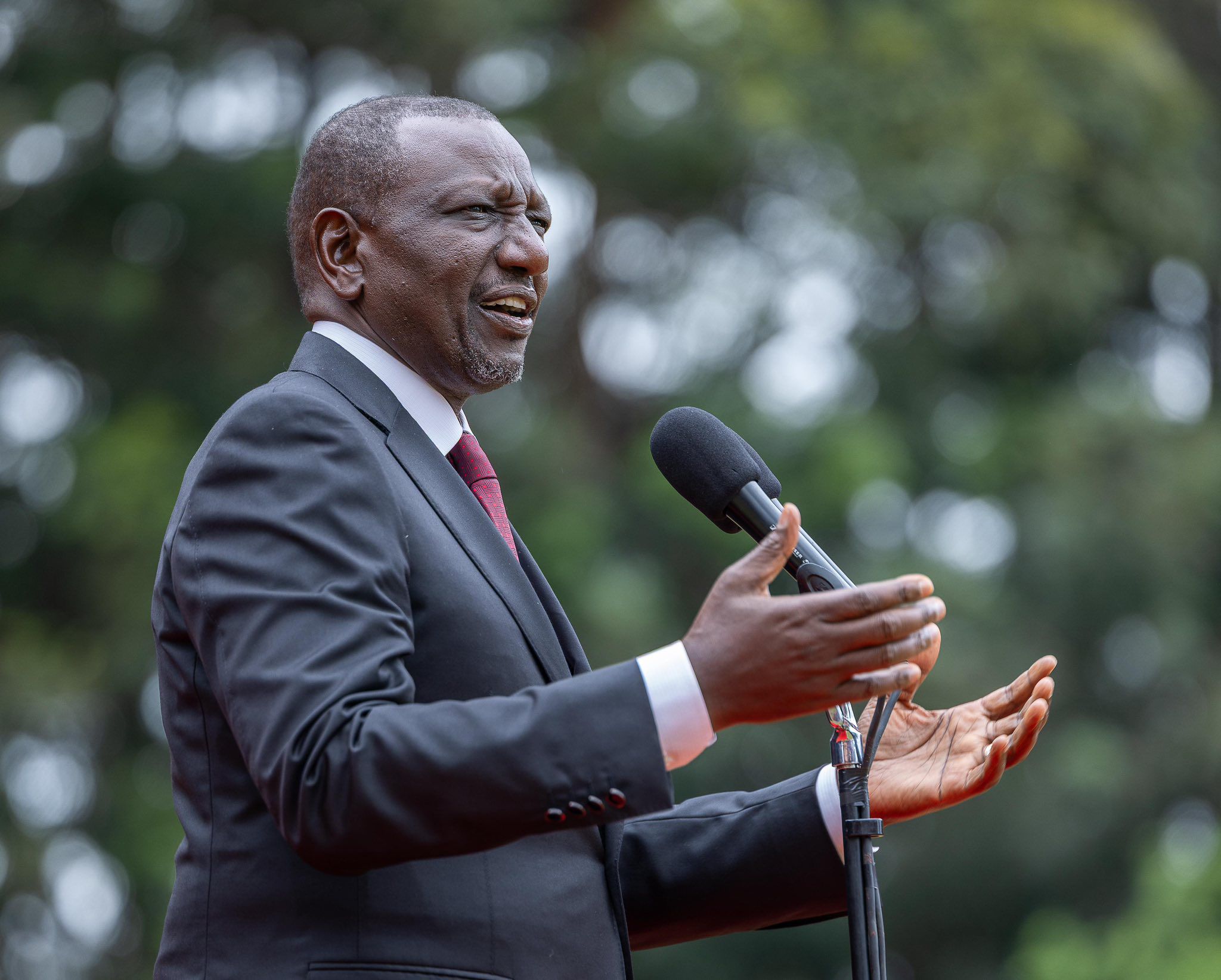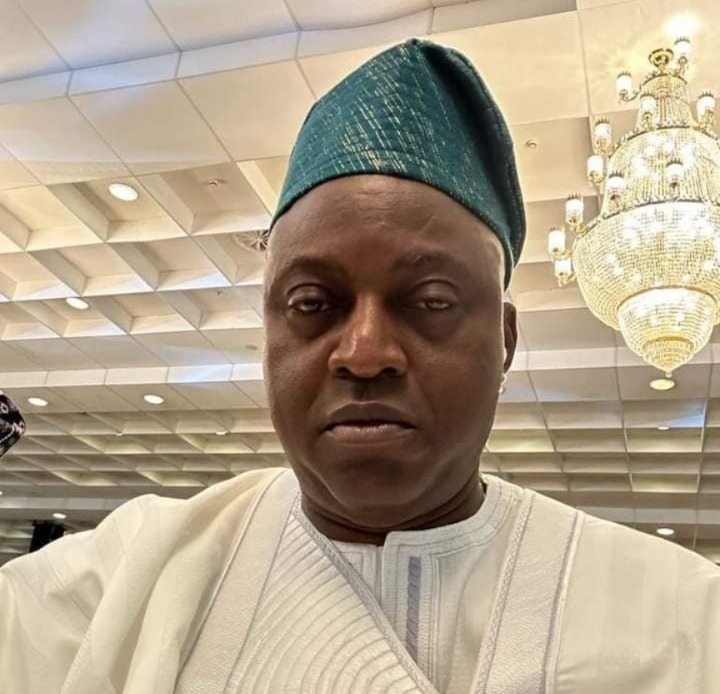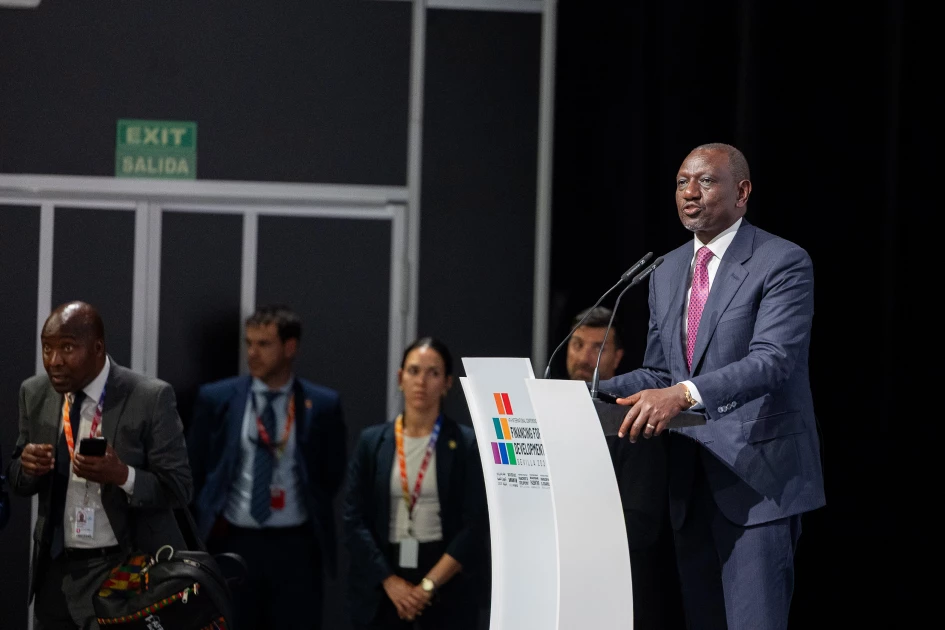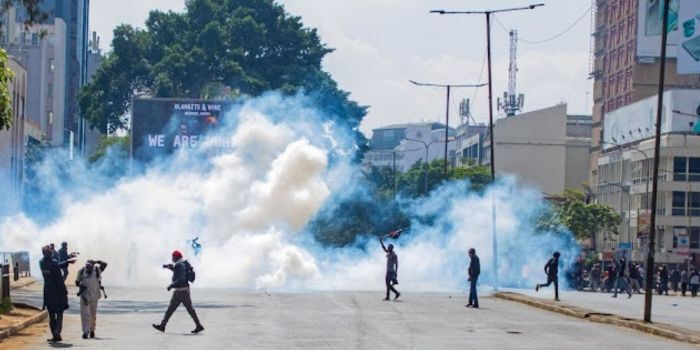President Ruto Defends State House Church Renovation Funding Amid Scrutiny

President William Ruto, speaking on July 6, 2025, at the 35th/36th Diocesan Anniversary at St. Mark’s College, Kigari, Embu County, comprehensively addressed the escalating criticism surrounding the ongoing construction of a chapel within State House grounds. His detailed clarification aimed to dispel various media reports and accusations, presenting facts to counter what he termed as 'propaganda' and 'hatred'.
Initial media reports had fueled public outcry by claiming the State House chapel would be an 'ultra-modern' facility costing an exorbitant Sh1.2 billion and designed to accommodate 8,000 people. These reports further suggested the facility would boast private offices and prayer rooms, raising questions about its necessity and expenditure of public funds.
However, President Ruto vehemently dismissed these figures and descriptions, providing a starkly different reality. He clarified that the church under construction is a modest structure, designed to accommodate approximately 300 people. Crucially, the President asserted that the project is not a new undertaking but rather an upgrade of an existing house of worship. He explained that a church had long stood on State House grounds, initially a rudimentary 'mabati' (iron sheet) structure that was in disrepair and leaking. His initiative, he stated, is simply to upgrade this existing chapel to a dignified stone building, akin to typical churches found across the country.
Furthermore, President Ruto unequivocally stated that no public funds would be utilized for the construction or renovation of the chapel. He emphasized that the project is a private initiative, funded entirely from his own resources, drawing a parallel to how ordinary church congregations raise funds for their places of worship. "We will not use public funds. This is a private initiative, just as any church member contributes to building their church," he affirmed. He challenged the cost claims by drawing a comparison: "Now this bishop has shown me a church building they are currently constructing. It has several floors—more than I can even count. The bishop has informed me that the entire project will cost three hundred and fifty million shillings. Let me ask you—can a church that seats only three hundred people possibly cost one billion? Let us stop spreading propaganda, cheap talk, and hatred."
Addressing concerns that the construction of a church at State House might imply Kenya having a preferred state-sponsored religion, President Ruto reminded critics that Kenya is a secular state, with Article 8 of the Constitution safeguarding religious freedoms. He countered claims by pointing out that a church has historically existed within State House, serving the families of security personnel and staff who reside and work there. "That church was already there. I am not the one who started it. The only thing I have said is that instead of the State House chapel being made of iron sheets, let us build one made of stone, just like the ones you all have," he stated.
The President also clarified the leadership of the chapel, responding to questions about who would serve as the head of the church once complete. He confirmed that the existing chaplain, whom he found already serving at the State House church, would continue to lead prayer services. "We already have a chaplain there. I heard one bishop asking, who will be the head of the church? We have a chaplain who I found already serving, and he is the one leading services even now," he explained, dismissing any notions of him assuming a pastoral role.
President Ruto further defended his decision by invoking a biblical reference, Haggai 1:4, which questions why people live in comfortable houses while the house of God lies in ruins. He posed, "How can I go around assisting churches across the country while the one at State House remains in a bad state?" He stressed the importance of ensuring a decent place of worship for the over 300 families served by the State House chapel, which also hosts a functioning Sunday School.
Beyond the chapel controversy, President Ruto’s address at the Diocesan Anniversary touched on other critical national issues. He urged all Kenyans to register with the Social Health Authority (SHA) to access free treatment at public health facilities from Level 1 to Level 4, emphasizing that once registered, no payments would be required as the government has fully funded these services. This new system, anchored in the Social Health Insurance Fund (SHIF), aims to ensure universal access to quality healthcare, with contributions based on income and government support for vulnerable populations. He also highlighted its role in addressing data deficiencies for proper hospital equipping.
Finally, amid anticipated protests, President Ruto appealed to church leaders and believers to pray for peace and stability across the country. He called for a collective rejection of chaos and destruction, urging Kenyans, regardless of their political or religious affiliations, to unite in prayers and efforts for the nation’s progress and prosperity. "Let us reject the devil who thrives in chaos and destruction. Instead, let us seek peace, coexistence, and progress," he urged.











